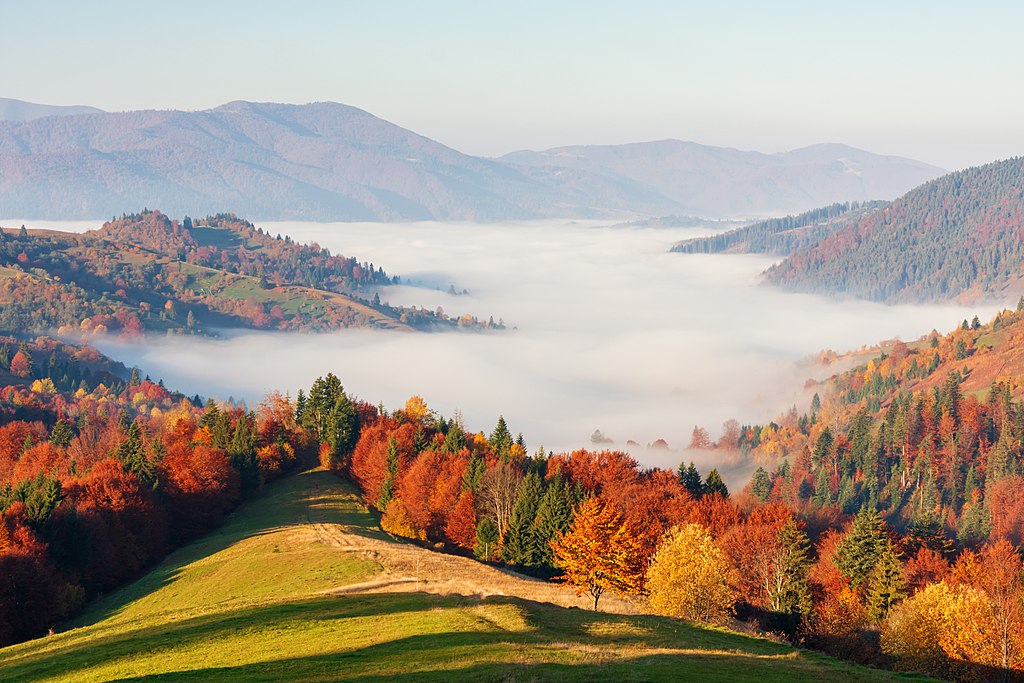Course link: https://meet.google.com/myn-ayzx-ixe
Environmental Systems and Societies
Introduction: Environmental Systems and Societies is an interdisciplinary course (groups 3 and 4). Its purpose is to elaborate a scientific exploration of environmental systems and the cultural, political, economic and social interaction of the societies and the environment.
General Objective: Be critically aware that resources and finite, and that these could be inequitably distributed and exploited, and that management of these inequities is key to sustainability
Competences / abilities to develop:
Demonstrate knowledge and understanding of relevant:
- Facts and concepts
- Methodologies and techniques
- Values and attitudes
Apply this knowledge and understanding in the analysis of:
- Explanations, concepts and theories
- Data and models
- Case studies in unfamiliar contexts
- Arguments and value systems
Evaluate, justify and synthesize, as appropriate:
- Explanations, theories and models
- Argument and proposed solutions
- Methods of fieldwork and investigation
- Cultural viewpoints and value systems
Engage with investigations of environmental and societal issues at the local and global level through
- Evaluating the political, economic and social contexts of issues
- Selecting and applying the appropriate research and practical skills necessary to carry out investigations
- Suggesting collaborative and innovative solutions that demonstrate awareness and respect for the cultural differences and value systems of others.
Content:
Corresponding to second semester of track A:
3. Biodiversity and conservation
a. An introduction to biodiversity
b. Origins of biodiversity
c. Threats to biodiversity
d. Conservation of biodiversity
4. Water and aquatic food production systems and societies.
a. Introduction to water systems
b. Access to freshwater
c. Aquatic food production systems
d. Water pollution
6. Atmospheric systems and societies
- Introduction to the atmosphere
- Stratospheric ozone
- Photochemical smog
- Acid deposition
7. Climate change and energy production.
- Energy choices and security
- Climate change – causes and impacts
- Climate change – mitigation and adaptation
8. Human population dynamics
- Resource use in society
- Solid domestic waste
- Human population carrying capacity
Evaluations:
- Paper 1 MOCK
Case study
- Paper 2 MOCK
Short answers and structured essays
- Internal Assessment
Individual investigation

- Profesor: Juan Pablo Gomez Cardona